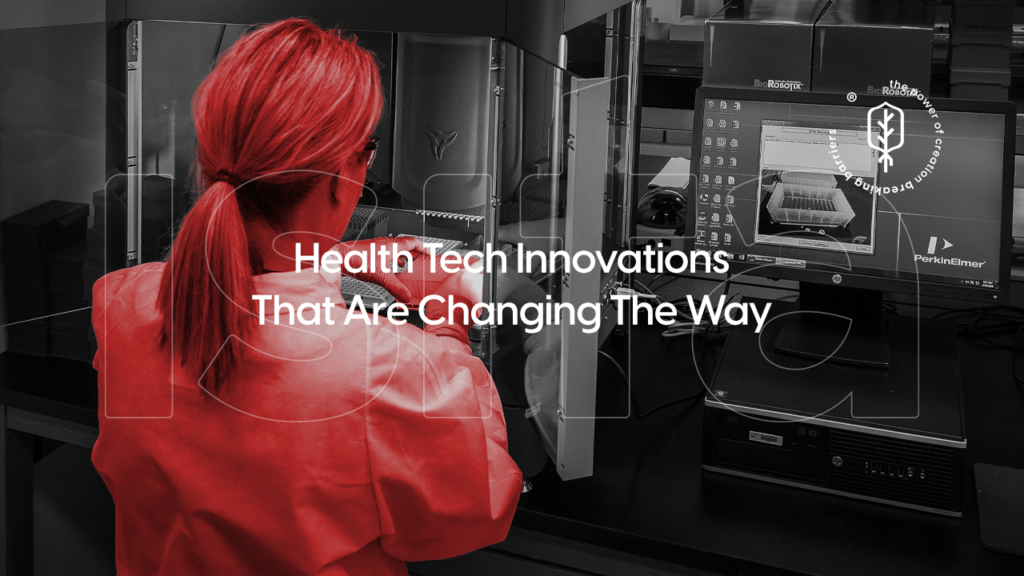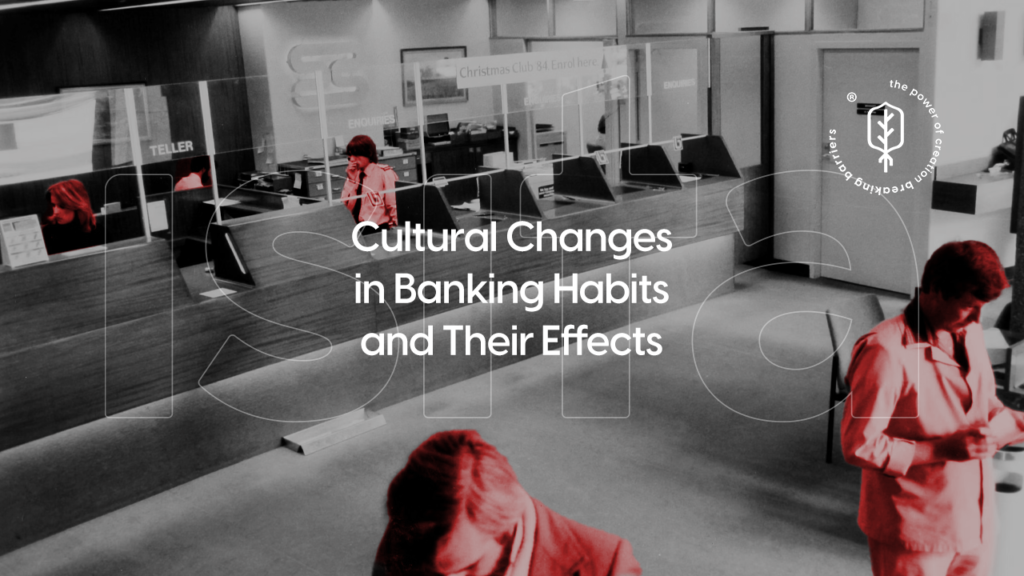Natural Language Processing (NLP) is revolutionizing how businesses understand their customers.
By enabling computers to comprehend and analyze human language, NLP unlocks a treasure trove of insights hidden within customer interactions and data.
This article delves into the power of NLP, exploring how it can be harnessed to extract valuable customer knowledge, guiding informed decision-making and crafting exceptional customer experience strategies.
Unveiling the Voice of the Customer: NLP Applications
NLP empowers businesses to listen intently to the voice of the customer. Here’s how:
Analyzing Customer Feedback
NLP can dissect vast amounts of customer reviews, surveys, and social media conversations. It can identify recurring themes, categorize feedback by sentiment (positive, negative, neutral), and even pinpoint specific features or experiences customers love or loathe.
Deciphering Customer Interactions
NLP can analyze chat logs, email exchanges, and support tickets. This allows businesses to understand customer pain points, buying journeys, and preferred communication styles.
Reaping the Rewards of NLP: Benefits Galore
Leveraging NLP technologies unlocks a multitude of benefits:
Personalized Marketing: Tailored Messages, Higher Conversions
NLP can help tailor marketing messages to individual customer preferences. By analyzing past interactions and online behavior, businesses can gain a deeper understanding of what resonates with each customer.
Imagine an e-commerce store that uses NLP to analyze a customer’s browsing history and purchase patterns. This allows them to send targeted email campaigns showcasing products the customer is likely to be interested in, significantly increasing conversion rates. Additionally, NLP can personalize website content and product recommendations, creating a more engaging and effective customer journey.
Enhanced Customer Experience: Proactive Support, Fostering Loyalty
Sentiment analysis powered by NLP helps businesses proactively identify dissatisfied customers. NLP can scan through customer reviews, social media posts, and support tickets, pinpointing negative sentiment. This enables businesses to address concerns swiftly, before issues escalate.
Imagine a company that uses NLP to analyze customer service chat logs. If a customer expresses frustration with a product, the NLP system can trigger an alert for a customer service representative to reach out and offer personalized assistance. This proactive approach fosters customer loyalty and builds a positive brand perception.
Product Development: Innovation Driven by Customer Insights
NLP can analyze customer feedback on existing products and identify areas for improvement. It can also uncover unmet customer needs, informing the development of innovative products and features. Imagine a software company that uses NLP to analyze user reviews of their latest product release.
NLP can highlight recurring themes of features users love and features they find lacking. This valuable customer insight can guide product development teams as they refine existing features and brainstorm new functionalities that cater to unmet customer needs. Furthermore, NLP can analyze customer conversations on social media platforms to identify emerging trends and desires. This allows businesses to stay ahead of the curve and develop products that anticipate future customer demands.
Operational Efficiency: Streamlined Processes, Reduced Costs
NLP can automate repetitive tasks and streamline customer service operations. Chatbots powered by NLP can handle basic inquiries, freeing up human agents to focus on complex issues.
Additionally, NLP can automate sentiment analysis of customer support interactions, enabling managers to identify areas where processes can be improved.
Imagine a telecommunications company that uses NLP-powered chatbots to answer frequently asked questions about billing and troubleshooting basic technical issues. This not only reduces customer wait times but also frees up human agents to handle more intricate customer service needs. By automating these tasks, NLP can significantly reduce operational costs for businesses.
Competitive Advantage: Data-Driven Decisions, Market Differentiation
NLP empowers businesses to make data-driven decisions based on a deeper understanding of their customer base. By analyzing customer feedback and interactions, businesses can identify their strengths and weaknesses compared to competitors.
This allows them to tailor their marketing strategies, product offerings, and customer service approach to gain a competitive advantage. Imagine a clothing retailer that uses NLP to analyze customer reviews of their competitor’s products. This can reveal insights into features customers find lacking and inform the development of their own clothing lines that address those unmet needs. By leveraging customer insights through NLP, businesses can differentiate themselves in the market and achieve sustainable success.
Challenges and Considerations: Navigating the NLP Landscape
Implementing NLP for customer insights comes with its own set of challenges:
- Data Quality: The effectiveness of NLP hinges on the quality and quantity of customer data. Businesses need access to clean, structured data sets to train NLP models accurately.
- Evolving Language: Language constantly evolves, with new slang terms and emojis emerging regularly. NLP models need to be continually updated to stay current with these linguistic shifts.
- Ethical Considerations: When using NLP, it’s crucial to adhere to data privacy regulations and ensure responsible AI practices. Transparency and user consent are paramount.
The Customer-Centric Future Powered by NLP
NLP is poised to play an even greater role in shaping the future of customer-centric strategies. As NLP models become more sophisticated, businesses can expect even deeper customer understanding. Imagine AI-powered chatbots that provide seamlessly personalized support, or dynamic product recommendations that anticipate customer needs. The possibilities are limitless.
By embracing NLP, businesses can unlock the key to building stronger customer relationships, driving innovation, and ultimately achieving sustainable success.
What are your thoughts on the potential of NLP for driving customer-centric strategies? Share your comments below!



